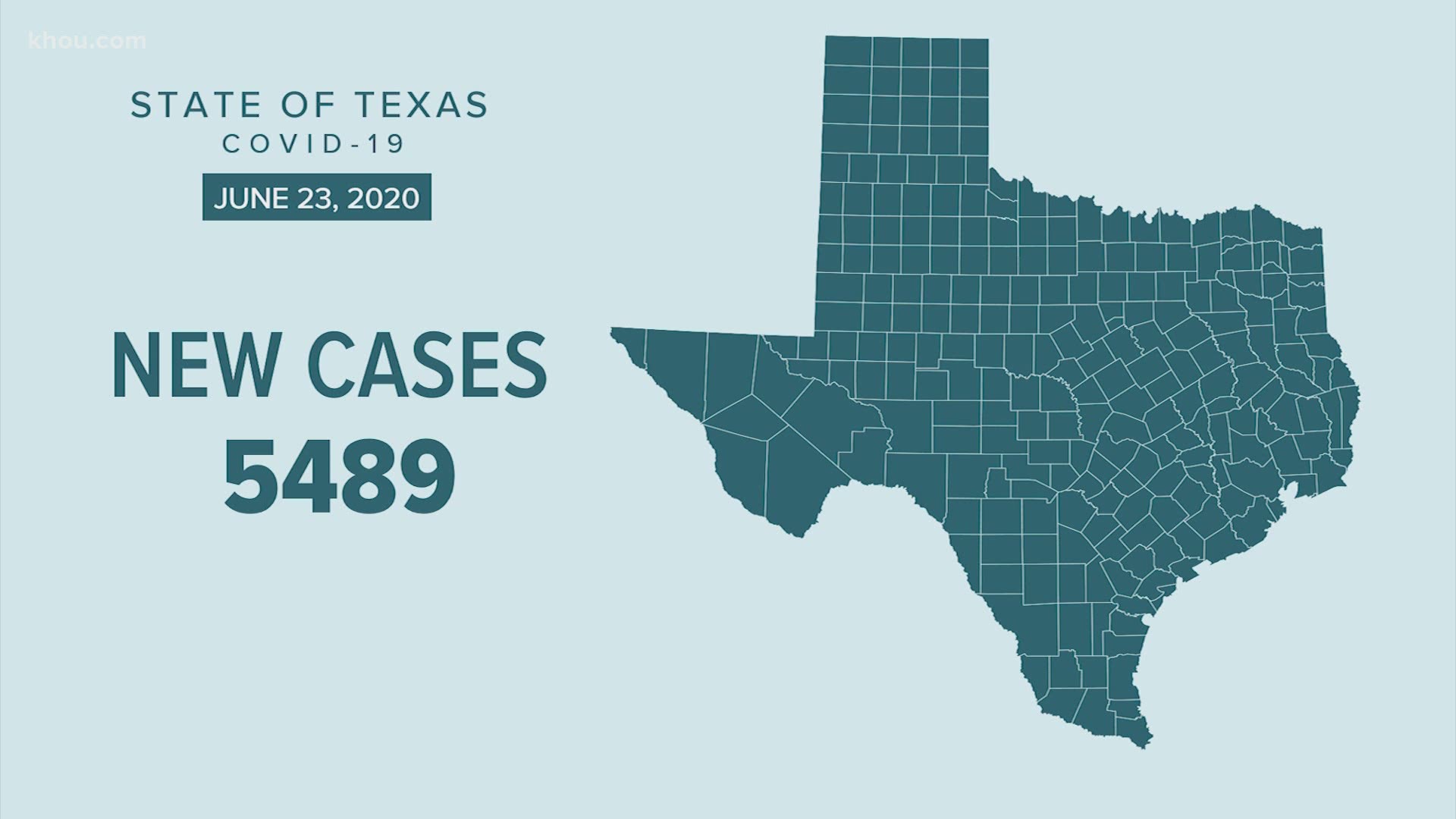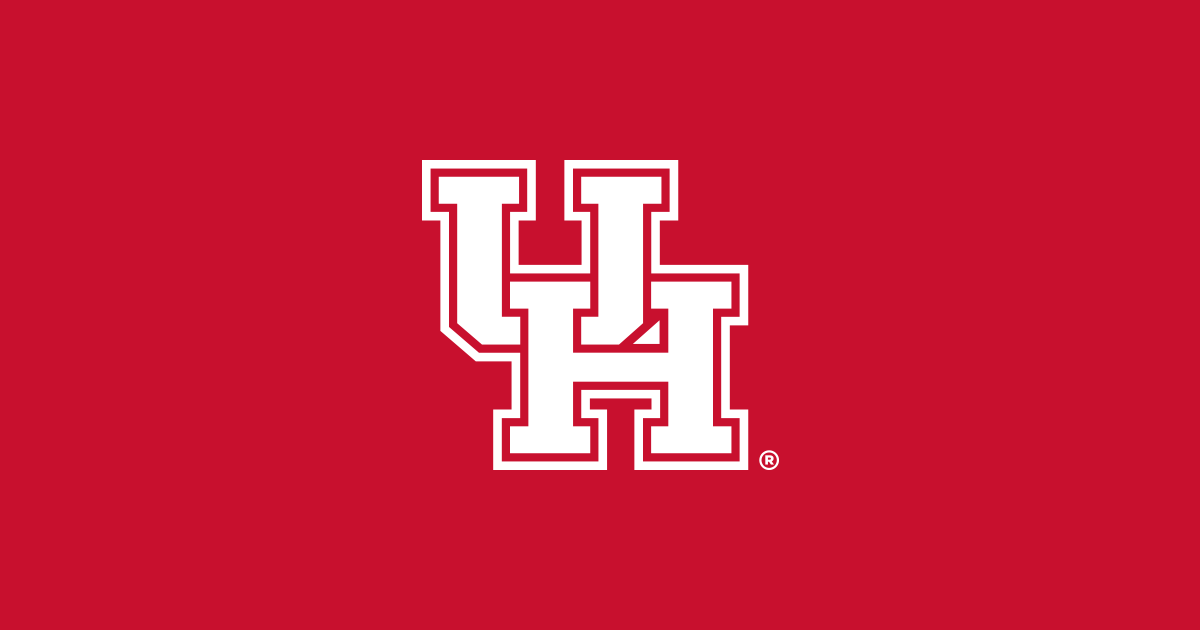AUSTIN, Texas — Determined to see students return to college in the fall, some of the biggest universities in Texas will require masks as a safeguard against the coronavirus.
On Thursday, the University of Houston said masks are required on campus, effective immediately. The new policy applies to all indoor locations and outdoor areas where six feet of social distancing isn't possible. There are several exceptions you can read about here.
Sam Houston State will require masks, beginning June 29.
RELATED: 100 percent of regular ICU beds in Texas Medical Center occupied, but hospitals have space for surge
RELATED: Gov. Abbott issues order that suspends elective surgeries in Harris, Bexar, Dallas, Travis counties
Texas A&M University, The University of Texas at Austin and Texas State University officials say masks will be non-negotiable in the fall semester. Each campus will require masks in buildings other than private offices or rooms and will encourage masks outdoors when social distancing is difficult.
But enforcing those policies could prove difficult for institutions with tens of thousands of students and sprawling campuses.
State officials are worried that young Texans who refuse to wear masks or social distance are accelerating the spread of COVID-19. They point to counties that have seen surges in case counts among people ages 20 to 29. In Hays County, home of Texas State, people in their 20s accounted for 50.7% of all the cases last week.
In Austin, which has a sizable university population, 27% of all cases in the city have been among people ages 20-29 — the largest of any age demographic, according to Austin Public Health data.
On Wednesday, Texas Governor Greg Abbott said the state is facing a "massive outbreak" of COVID-19.
Public health experts, following guidance from the Centers for Disease Control and Prevention, have long advised that wearing face masks is the best way to prevent transmission when social distancing isn’t feasible.
But mask policies have roused naysayers across Texas, who argue that enforcement in the form of fines or jail time is a violation of their rights.
State leaders, originally loath to publicly endorse mask policies, have recently been urging mask use as case counts and hospitalizations continue to hit record highs. Last week, Gov. Greg Abbott said local officials could require businesses to mandate masks after he previously banned local governments from requiring individuals to wear them.
Now, as universities anticipate housing tens of thousands of students — many of them in their 20s — they are also following the state’s lead in relying on cooperation with wearing masks to ensure safety. When it comes to mask enforcement, campus leaders say they are primarily hoping students and faculty do the right thing, though they have stronger tools in their arsenal if needed.
At A&M, officials are largely relying on social pressure and public disapproval of people without masks, said Chief Compliance Officer Kevin McGinniss. As a last resort, students can opt out of group activities where masks are not self-enforced, and a professor might choose not to attend a class if people are ignoring the guidance, McGinniss said.
But A&M campus police will not be called on to mediate mask disputes, McGinniss said.
If a situation gets unruly or too many people begin to forgo masks, “we will reevaluate how we enforce,” McGinniss said. “But it’s not like our police are going to go around and arrest people for not cooperating
Those who repeatedly refuse to wear masks, however, will be subject to either the employee or student disciplinary process — “up to and including dismissal,” McGinnis said, though he said he’s hoping it will never come to that.
At Texas State, noncompliance with face covering requirements will also be handled through existing employee discipline, faculty discipline and student judicial processes, according to a campus COVID-19 website.
“We understand some people may disapprove of wearing a mask,” the website reads. “Requiring students to wear face covering in a campus building, when social distancing is not possible, is a narrowly tailored and minimally intrusive mechanism, which is justified by the significance of the university’s interest in helping to stop the spread of a highly contagious and deadly virus.”
While UT-Austin officials denied requests for interviews on how they would enforce their mandatory mask policies, Art Markman, head of the university’s fall academic planning committee, said in an interview with The Daily Texan that the campus police department could get involved if a visitor refused to wear a mask inside a campus building. Student and faculty violations will be handled through disciplinary channels. In an email to the Tribune, Markman said all final policy details will be released June 30.
Students like Diana Jasso, a public health junior at A&M, are ready to get back to class after last semester’s premature end. She said wearing a mask is a small price to pay for the benefits of living on campus.
But she’s concerned not everyone at her university will think the same way.


